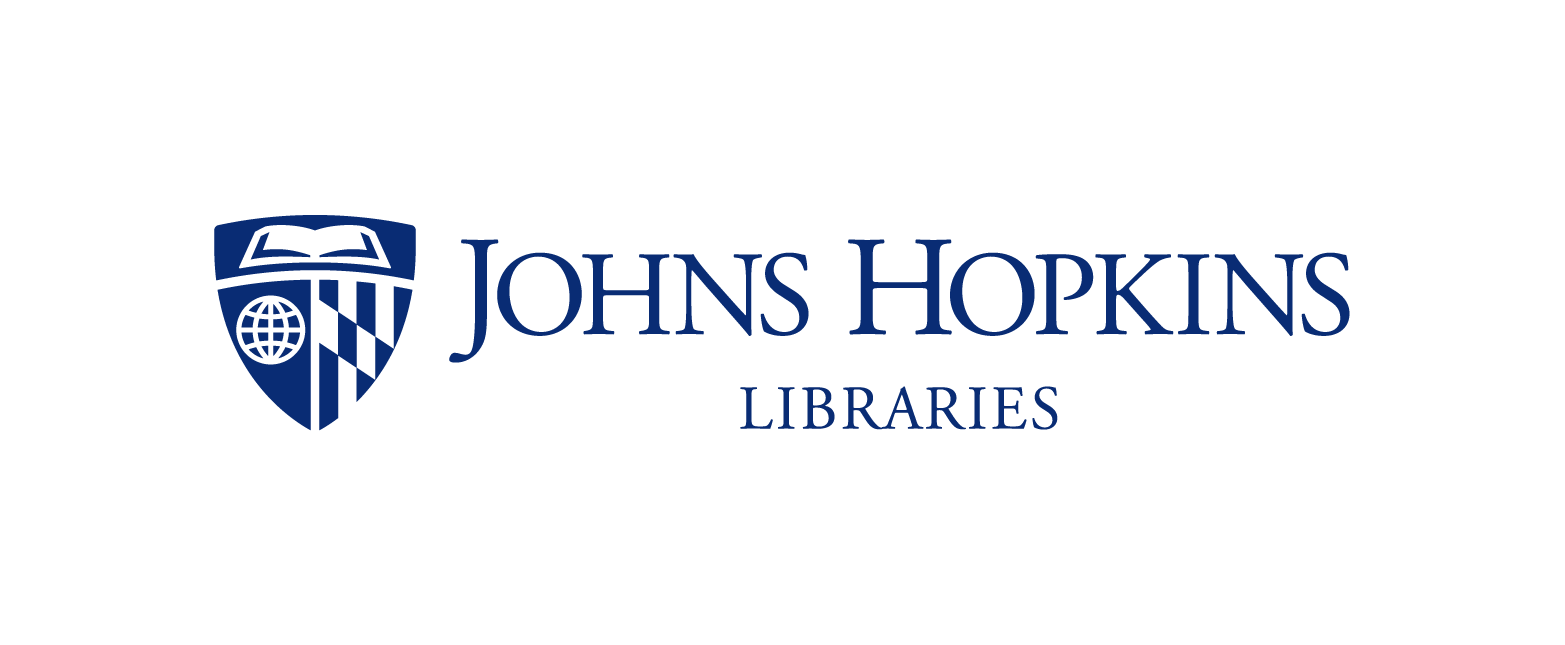Thomas Potter, Manufacturer, 1808
Scope and Contents note
Items in this series are more specific to the period when Oldknow was interested in developing his estates in Derbyshire. He became responsible for workers both on his farms and in the mill at Mellor. Shop-notes, account and memorandum books, and tax receipts are part of Series 2.
When the earliest factories were set up in country districts, workers had no traditional community life and, for the most part, were dependent on their employers. After 1790, Oldknow's new factory and most of his land were located in Mellor, but the lime-kilns, coal-pit, and the Peak Forest Canal (when it was built approximately 1800) were closer to Marple. The population of the two villages grew to over two thousand people due to Oldknow's enterprises. Oldknow was obliged to develop a system to provide necessary supplies for many of his workers.
An account book and shop-notes (1793-1794) included in this series exemplifies one of Oldknow's methods for providing for his employees. In the country districts, it was often difficult for provincial bankers to furnish an adequate supply of currency so that employers could pay workers small amounts on a regular basis. (For example, weavers were paid on a weekly basis for finished pieces only. This could result in a salary of a few shillings.) Oldknow began issuing shop-notes which could be used with local tradespeople or could be cashed for the small currency designation. One shop-note in this series is issued to E. Brunt for six shillings. In 1791, he began providing houses, milk, coals, meat, and beds for transient or permanent employees. The cost for such items were deducted from wages. Shop-notes were printed with a check-off list for articles supplied by Oldknow and a balance owed to the employee. A shop-note to John Howard in May, 1873 shows that he paid 2 shillings for rent and 3 shillings for coal and was paid a balance of 4 and 1/2 shillings.
A memorandum book, 1797-1798, included in this series reveals some details of Oldknow's plans for his estate: building fences, tunnels, raising a dam, spreading lime, ploughing and sowing, and building walls. This memorandum book is particularly interesting as it must have been available to Arthur Hulme who contributed to the published volume, Samuel Oldknow and the Arkwrights, by George Urwin. Hulme quotes directly from the memorandum book in chapter XIV, "High Farming at Mellor."
The last items in the collection are tax bills from Manchester and a receipt for the sale of timber in 1808.
Dates
- Creation: 1808
Creator
- From the Collection: Oldknow, Samuel, 1756-1828 (Person)
Conditions Governing Access
This collection is housed off-site and requires 48-hours' notice for retrieval. Contact Special Collections for more information.
This collection is open for use.
Extent
From the Collection: 0.24 Cubic Feet (1 legal half-size document box) : 75 items
Language of Materials
From the Collection: English
Repository Details
Part of the Special Collections Repository
The Sheridan Libraries
Special Collections
3400 N Charles St
Baltimore MD 21218 USA
specialcollections@lists.jhu.edu
